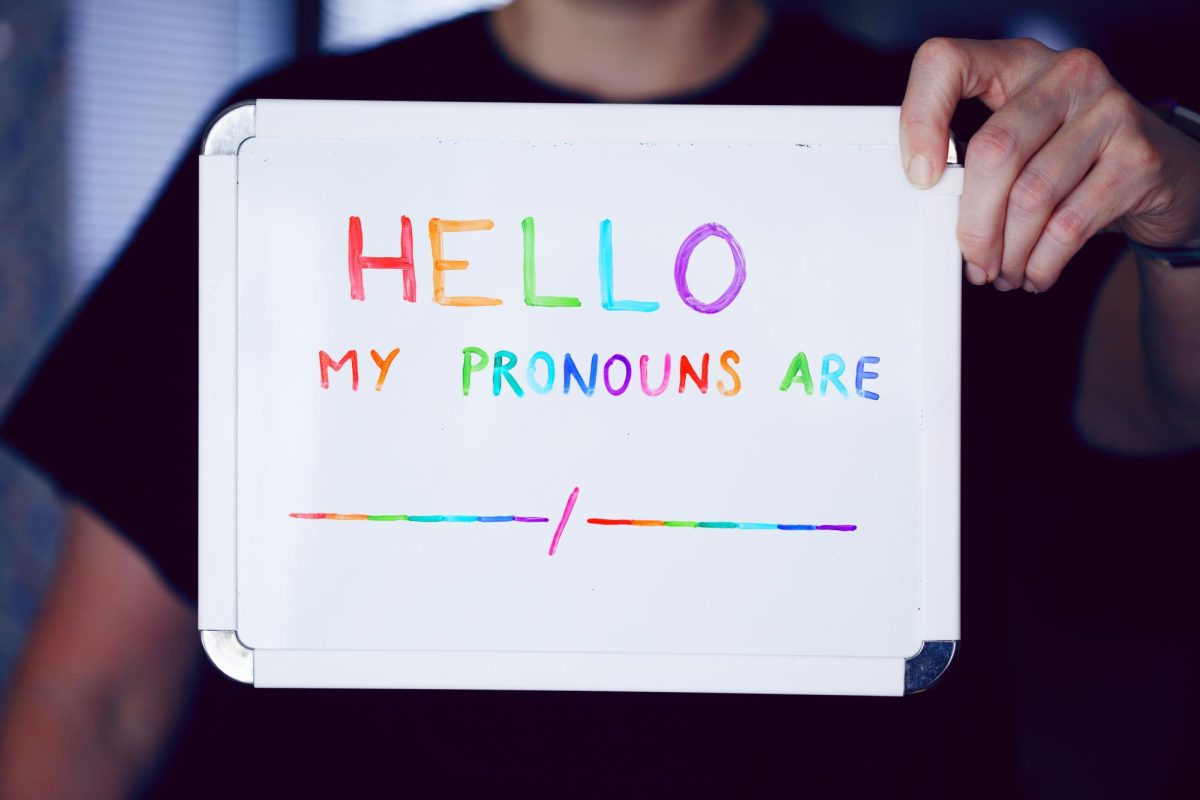So, Kamala Harris and many down-the-ballot Democrats have lost the 2024 election.
Early during election night, Republicans were projected to win the Senate, and by Nov. 12, Republicans were projected to take the House with a razor-thin majority. Suffice it to say, things look bleak for the next four years.
That said, there is some hope because Democrats didn’t do horribly down the ballot.
Typically, the party that takes the presidency also takes control of both chambers of the legislature. It happened in 2004, 2008, 2016, and 2020. The only time in the last 20 years it didn’t happen was in 2012 when Republicans maintained control of the House.
That said, while Republicans took control of both chambers, the margins are incredibly thin. The Senate has a Republican majority of 53 to 47, but many of the key swing state seats have been preserved for Democrats.
As of writing this, the race in PA between Senator Bob Casey and Dave McCormick is still too close to call with McCormick seemingly having a slight edge. This was an incredibly close race, however, with a difference of only around 36 thousand votes. This signals that while the Democratic incumbent still lost, there is a strong base of support for Democrats in PA.
Elissa Slotkin won her seat in Michigan, Tammy Baldwin held on to her seat in Wisconsin, Ruben Gallego won the seat in Arizona, and Jacky Rosen held her seat in Nevada. If you are seeing a pattern, Democrats won Senate races in nearly every swing state except PA.
Additionally, the House will only have a thin majority for Republicans with only a 4 or 5-person lead. As of writing, there are still three uncalled House races, all of which have margins of less than 100 votes.
Additionally, while Trump’s win and a clean sweep of every single swing state is cause for reflection and concern, the margins in the blue wall states of Pennsylvania, Wisconsin, and Michigan, along with Georgia are incredibly slim, so this is ground that can absolutely be made up in future elections.
Trump also doesn’t have a hugely significant lead in the popular vote. According to the New York Times, Trump has 76,823,951 votes while Harris has 74,312,576 votes. That means she’s only behind by 2.5 million votes.
All of this is to say that there is electoral hope for Democrats in future elections.
I won’t sugarcoat things, however, there are many causes for concern with this election. Most notably, Democratic support in key states such as New Jersey and New York waned significantly.
Harris also got around 7 million fewer votes than Biden did in 2020 while Trump got around 2 million more.
Looking at the numbers, it seems likely that Republican support didn’t increase all that much in this election but more so that Democratic support decreased. This is the real cause for concern that the Democratic party needs to be cognizant of.
Why did so many Biden voters sit out this election? Did Trump truly gain ground in a variety of demographic groups or did Harris simply fail to mobilize left-leaning voters from within those groups?
These are questions that will take a long time to answer, and many people are going to try to proclaim a variety of things that will cost Harris the election.
Some are saying it’s racism and sexism, some blame Gaza, many are saying the party has become too radical, and some are even blaming transgender people or “wokeness.”
Let me just say here and now that all these lousy pundits trying to autopsy the election are wrong.
We don’t exactly know what cost her the election but what I can guarantee is that anyone jumping on MSNBC or Fox News trying to proclaim that any singular issue lost Harris the election is full of it.
This election is something we are going to be studying for years if not decades and to boil this down into one or two issues is simply missing the bigger picture and oversimplifying the issue at hand.
Did Palestine play a role? Probably. Did sexism and racism play a role? Maybe but I have my doubts (at least with significant portions of swing voters). These kinds of big proclamations of why the Democrats lost usually lose the big picture of how elections and public opinion actually work.
Additionally, I find proclamations that America isn’t ready for a woman of color to be in the White House dangerous because these kinds of prescriptive reactions will only limit future possibilities of other women to become president. These statements are exactly why the DNC chose an uninspiring candidate like Joe Biden in 2020. Additionally, Hillary Clinton won the popular vote in 2016 so it’s clear that Americans ARE ready for a woman to be in office.
In a seminal book in the field of public opinion research, The Nature and Origins of Mass Opinion, John Zaller, a political scientist and professor specializing in public opinion at the University of California, Los Angeles found evidence that most people, especially those who aren’t engaged with politics typically come up with their opinions on the spot and are typically guided more by affect and emotion rather than facts and reason when constructing opinions.
His work is foundational to modern public opinion research and using that work can help us to understand where exactly things went wrong in this election. Don’t listen to people on social media or the news proclaiming what cost Harris the election because their grand declarations of the Democratic Party have become too woke or other nonsense is not supported by any semblance of evidence.
It’s natural to try to find an explanation, especially on policy, but I propose a much simpler and encompassing theory. Democrats simply failed to message effectively. We are in a time where people are not satisfied with the status quo which is shown by a global exodus from incumbent parties.
Despite all of the accomplishments of the Biden administration such as the Chips and Science Act, the infrastructure bill, and an economic recovery from COVID that has significantly outpaced other G10 countries, this administration has oversaw the worst four years for a lot of Americans.
The average voter does not know much about politics nor can they coherently articulate their political views so is it really surprising that significant portions of people may feel dissatisfied with the current administration?
According to Zaller, most Americans are “rationally ignorant” so while they might not be very aware of politics, they know how much money is in their wallet and the state of their life. So, when Republicans speak to those struggles and blame Democrats and Kamala Harris for those issues without a dominant counternarrative from the left, it should be no wonder that Dems lost.
Voters are simply not happy right now, so the biggest challenge of the Democratic party now is finding out how to speak to those struggles.
While this election is much closer than Fox News would like you to believe, Democrats need to reposition themselves not only to win the next election but to keep winning elections. How they can do this? I’m not wholly sure but a good start might be investing further into Left-leaning media.
There is a shocking disparity between alternative media sources between the left and right. Where the right has huge online platforms such as Turning Point USA and The Daily Wire which have significant pull and sway in the party, the left only has The Young Turks which is largely ignored by the Democratic Party.
Yes, there’s MSNBC, ABC, and CNN, but these are all declining organizations as most people have moved away from traditional news sources and to social media instead. Like it or not, political communications have been completely upended by the advent of the internet and it’s about time that Democrats actually adapt to this new media environment.
Elon Musk’s purchase of Twitter (now X), for example, has been huge. The Washington Post found that after Musk’s purchase, Republicans get significantly more exposure on the platform than Democrats do along with big spikes in follower counts.
Additionally, The Wall Street Journal found that new users on X are served more pro-Trump content than pro-Harris content, even with accounts that don’t express any political interests.
While Democrats didn’t lose as decisively as Republican media would like people to think, it’s clear that the Democratic Party needs to shift its messaging and rethink how it appeals to everyday Americans.
Most Americans cannot tell you how different policies on a federal level have impacted their lives but they can tell you how they feel and right now, they are not feeling good. We have a shrinking middle class, a worsening mental health crisis, and nearly half of the country living paycheck to paycheck despite being the richest country in world history.
Americans are tired of the status quo and it’s time that Democrats learn that lesson.
In the words of Jon Stewart, you can’t run on “the audacity of hope, then govern on the timidity of the possible.”







